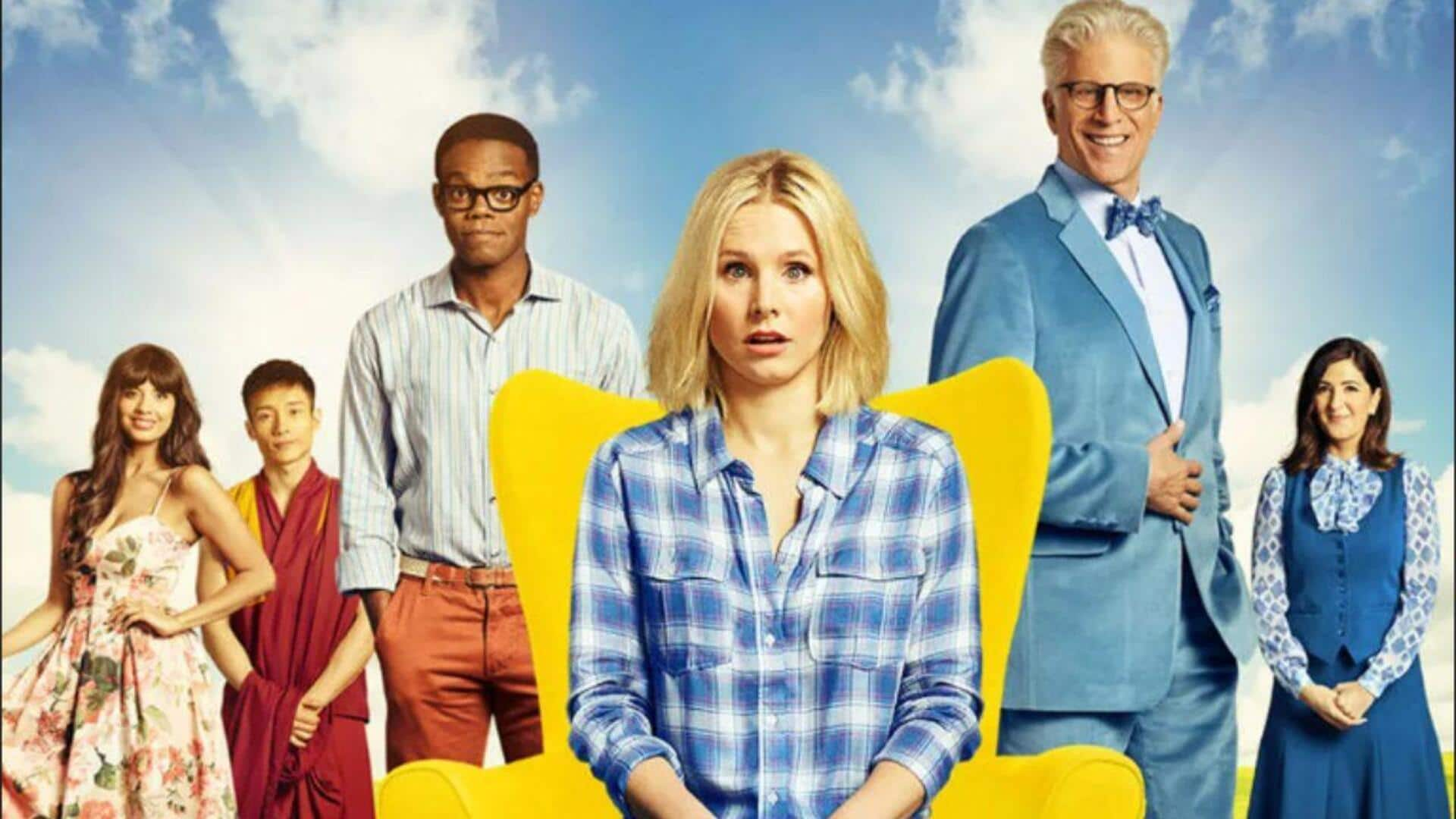
How 'Good Place' redefines what it means to be good
What's the story
Popular television series The Good Place goes deep into the world of moral philosophy and ethical dilemmas. The show has such an intriguing premise that it makes you question what it means to be good/bad. Through its characters and storylines, The Good Place asks questions about morality, decision-making, and the repercussions of our actions. Here's looking at some of the ethical dilemmas posed by the series and whether they're right or misguided.
Moral philosophy
Moral philosophy in 'The Good Place'
In The Good Place, moral philosophy is at the heart. The show gives viewers an insight into different philosophical theories through its characters' experiences. From utilitarianism and deontology to virtue ethics, philosophical concepts are examined as characters travel their afterlife story. These philosophical ideas prompt both characters and viewers to question how decisions affect others and what qualifies as an ethical action.
Decision-making
Decision-making challenges
Characters in The Good Place encounter countless decision-making challenges that put their moral compass to the test. They have to balance individual desires against the greater good, which often results in complicated ethical dilemmas. These scenarios emphasize how hard it can be to make choices that stay true to one's beliefs while factoring in larger consequences for others.
Consequences
Consequences of actions
One of the recurring themes in The Good Place is coming to terms with the consequences of one's actions. The characters learn that even the smallest of decisions can have large ripple effects on themselves and others around them. This exploration leads us to think about how our own choices can affect others for better or worse.
Redefining morality
Redefining morality
Through its narrative arc, The Good Place redefines traditional notions of morality by challenging established norms about good and bad behavior. By presenting unconventional situations where typical rules don't apply neatly or easily fit into predefined boxes — like lying for altruistic reasons — the show makes audiences rethink rigid definitions surrounding ethics.